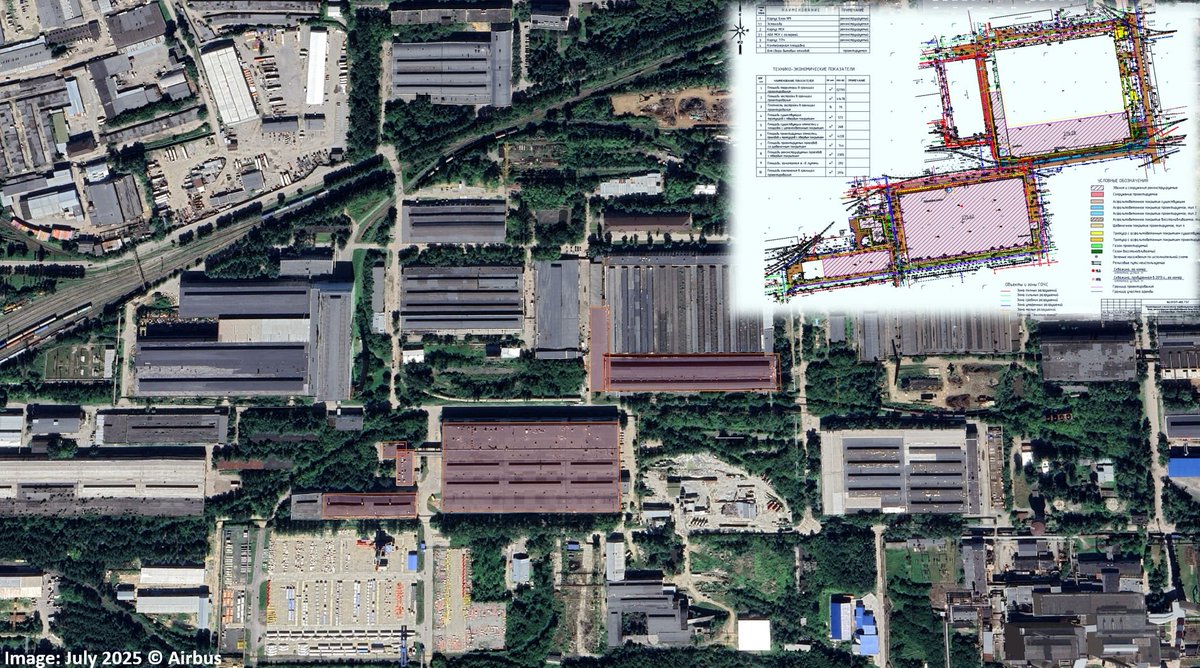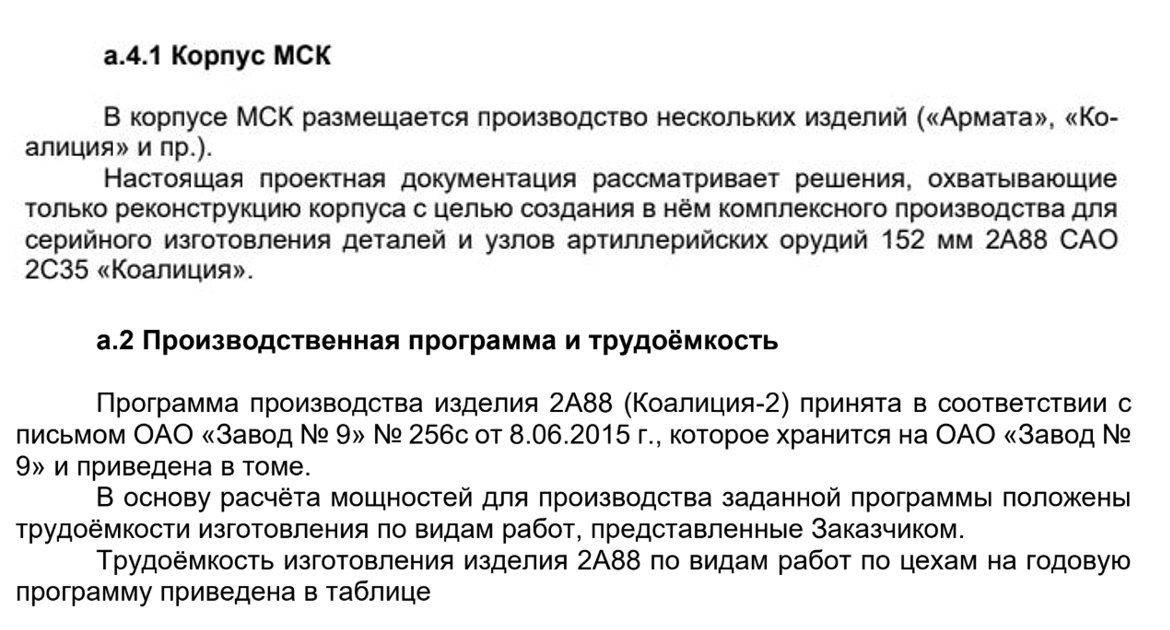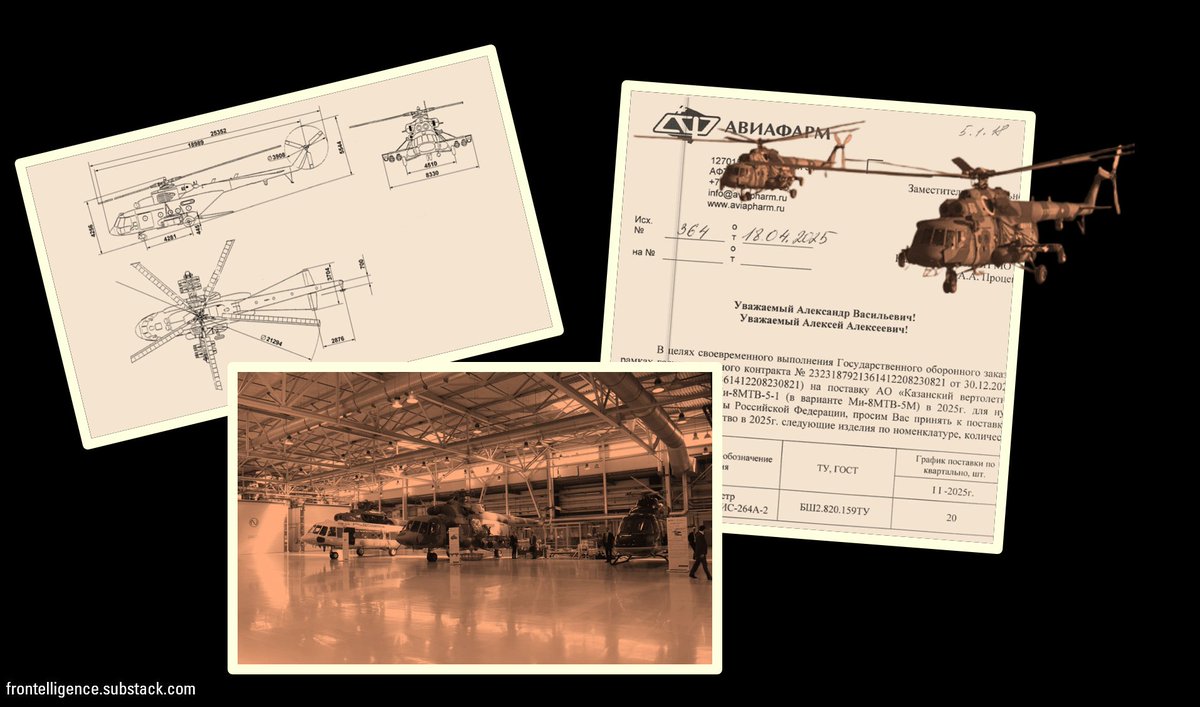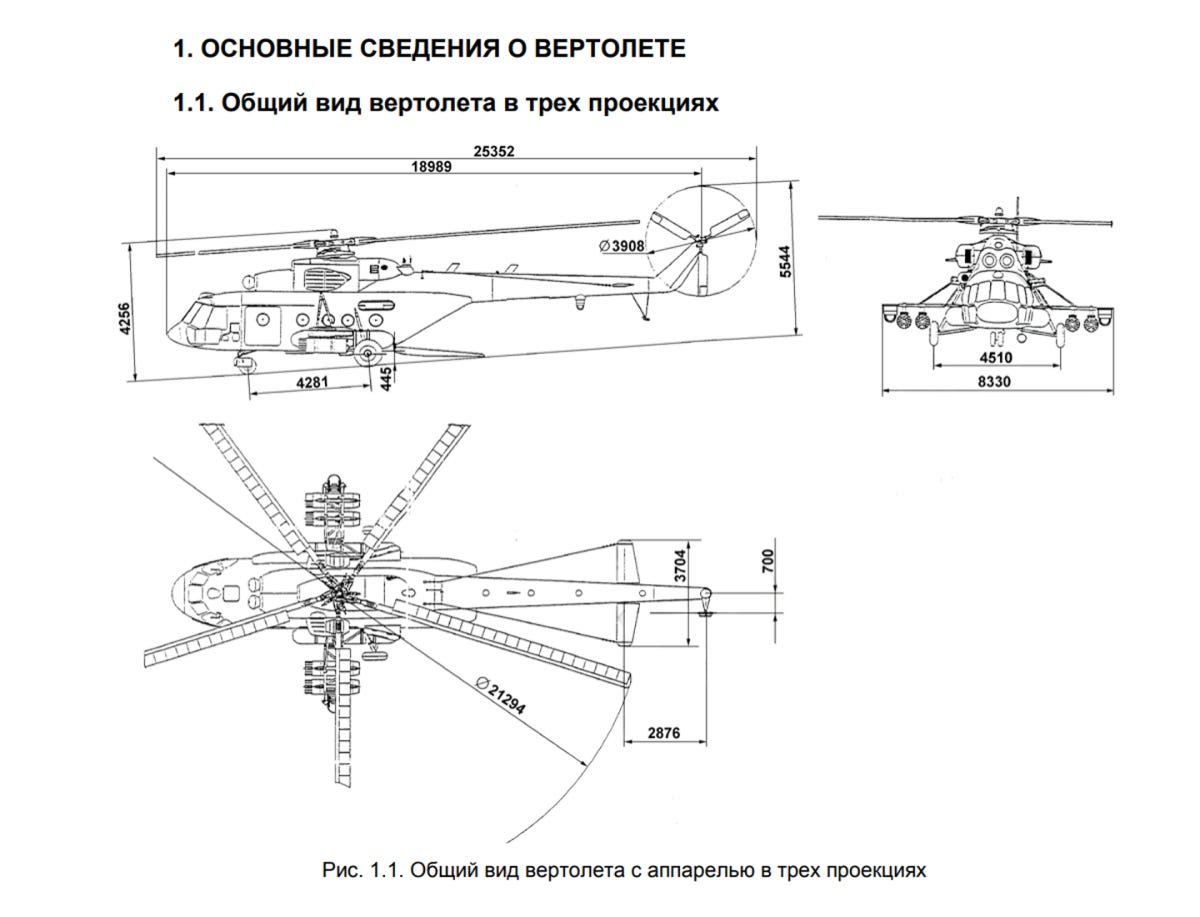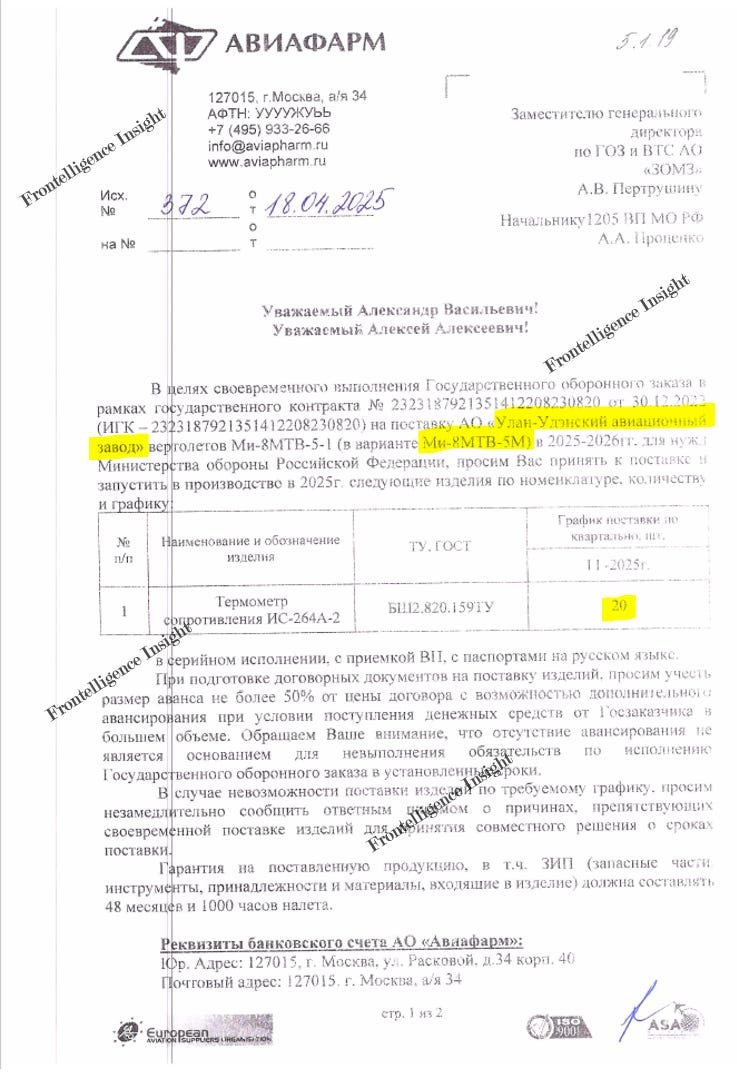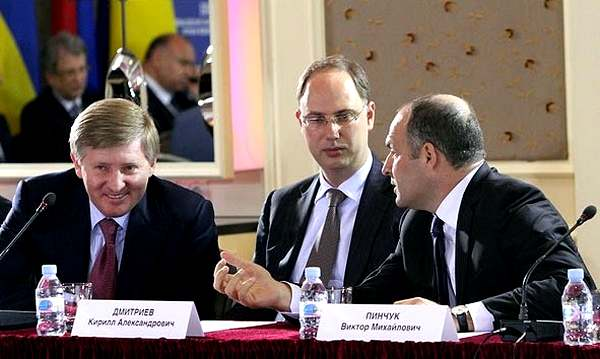North Korea and Russia are rapidly building their first road bridge to enhance logistics and expand military and economic ties. Frontelligence Insight has analyzed satellite imagery and project documents to estimate its completion and potential impact. 🧵Thread: 

2/ Today, Russia and North Korea have no direct road connection. The only land crossing is the 1950s-era Korea - Russia Friendship Railroad Bridge. Air and maritime routes, via Pyongyang Airport and ports like Rajin, exist, but their capacity and costs are often suboptimal. 

3/ In the summer of 2024, Russia confirmed plans to build a road bridge over the Tumen River, with construction led by Russia’s TunnelYuzhStroy. The project is budgeted at ~9 billion rubles (~$110M), spanning 4.7 km in total, with the bridge itself about 1 km long 

4/ Both countries are building entry ports with border control and customs zones. The North Korean side appears ahead, with a complex of buildings likely intended for administrative, storage, and inspection functions to manage cargo and passenger flows. 

5/ On the Russian side, the "Khasan" checkpoint with five lanes is planned: 2 for cargo, 1 for oversized vehicles, one for buses, and one for cars. Initial capacity is 300 vehicles per day (~109,500 per year), expandable to 800 per day (~292,000 per year). 

6/ Cargo trucks are prioritized, expected to account for 200 of the 300 daily vehicles. Passenger traffic is capped at 2,850 people per day. For context, Zabaikalsk checkpoint on the China–Russia border handled just 440 vehicles per day in 2024
7/ At the current pace, barring severe weather-related delays, the bridge and its supporting infrastructure are expected to be completed by mid-2026, indicating that the project remains on schedule. 

8/ We assess that North Korea’s trade with Russia is unlikely to suddenly surge, whether measured against either country’s GDP or their share of overall exports, given the limited range of mutually sought goods, North Korea’s purchasing power, and its relatively small population
9/ In short, the Khasan–Tumangang bridge will boost Russia-North Korea economic and military cooperation and provide Pyongyang more leverage with Beijing, but it is unlikely to alter the regional balance or challenge China as North Korea’s dominant trade partner
10/ Russia is likely to continue its barter of resources and technology for people, receiving both workers and soldiers. While Korean cheap labor won’t solve Russia's workforce shortage, it could provide limited relief and support both infrastructure and military projects. 

11/ Thank you for reading. This report and satellite imagery would not be possible without your support, which keeps our project independent. We are grateful to our supporters and welcome new donations as many investigations are set to release next month:
buymeacoffee.com/frontelligence
buymeacoffee.com/frontelligence
• • •
Missing some Tweet in this thread? You can try to
force a refresh



